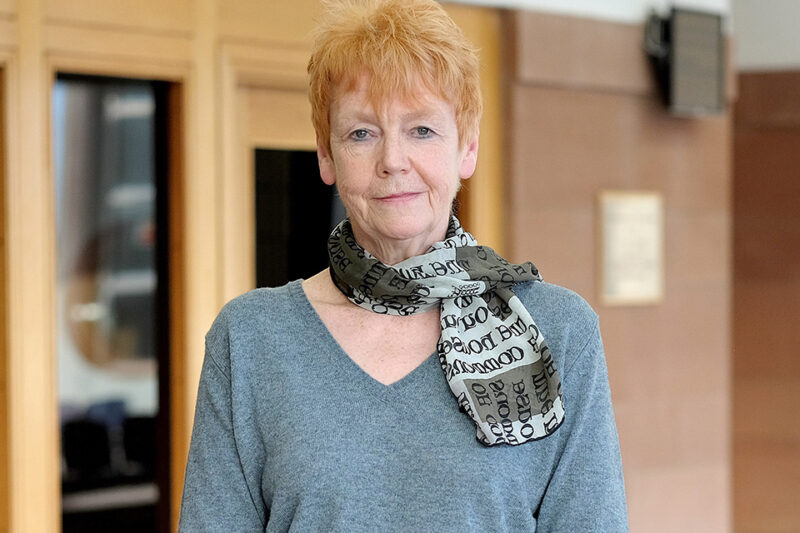Emily Thornberry Labour MP for Islington South and Finsbury

This month I was pleased to help launch the recommendations from Labour’s Charging Commission, which found a ‘chasm’ in joint working between police forces and the Crown Prosecution Service (CPS).
Established to find ways to reverse the dramatic collapse in crimes solved under the Conservatives, our Charging Commission recommended key reforms to both services to ‘counter abject political failure’ and to ensure delivery for victims.
I jointly established the Commission with Labour’s Shadow Home Secretary, Yvette Cooper, in September 2023 in response to alarming statistics showing that under the Conservatives, the proportion of crimes resulting in a charge had plummeted by almost two-thirds since 2015 and the number of days taken to make a charging decision had trebled.
Chaired by the former Victims’ Commissioner, Dame Vera Baird KC, the Commission is recommending:
- A statutory duty on chief constables and chief crown prosecutors to work together to deliver for victims, including a requirement to develop new Joint Justice Arrangements in every area and devise an annual Joint Charging Action Plan.
- Annual joint inspections to ensure the CPS and police improve communication, reduce delays, bolster case file quality and drive up the charge rate.
- Changing data protection laws so police no longer have to redact case files before they are sent to the CPS, saving thousands of officer hours every year.
- Allow the six police forces with the highest file quality standards to further pilot charging high-risk domestic abuse suspects, following the success of a scheme piloted by the Chief Constable in West Yorkshire.
- Give vulnerable victims in domestic abuse, rape and sexual assault cases the right to have specialist support advisors with them throughout the criminal justice process and beside them in court.
Labour has accepted the Commission’s recommendations in full.
In response to the recommendation, I said:
“The paramount concern of the police and CPS should be delivering for victims, not defending their own turf. That means working hand in glove throughout the process, with joint action plans to reduce delays and friction, and get charge rates back up to where they should be.
“It also means every individual playing their part in getting the best result. Given that junior police officers may only take three or four cases to court each year, it is essential that – when they do – they are supervised by experienced police officers, so that the quality of evidence provided to the CPS allows them to make the right charging decisions in a timely manner.
“Closer collaboration, better communication, and stronger supervision, that is how we are going to get the improved outcomes that all victims deserve.”
